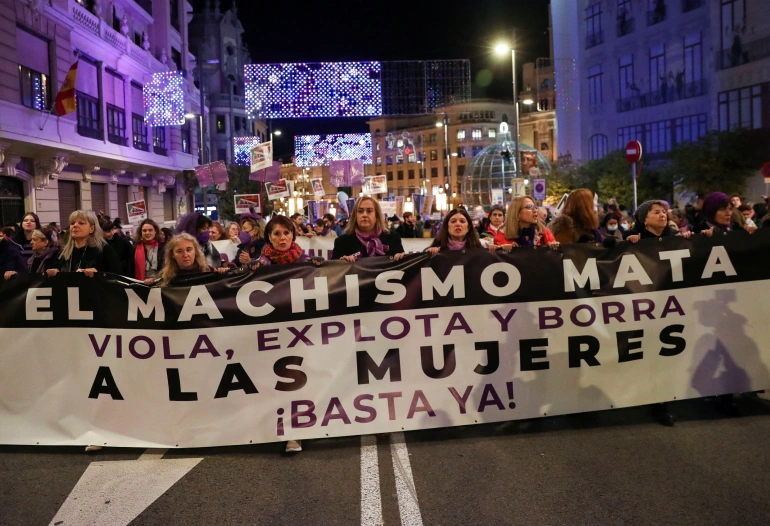
85th CEDAW Session – Spain
Convention on the Elimination of All Forms of Discrimination Against Women – 85th Session on Spain
16 May 2023
The Convention on the Elimination of All Forms of Discrimination Against Women (CEDAW) is an inter-governmental body within the United Nations system. It requires countries to eliminate discrimination against women and girls in all areas and promotes women’s equal rights to achieve gender equality and empower all women and girls.
Issues of Concern & Spain’s Progress
The main concerns the committee had was Spain’s treatment of migrant, refugee, Roma, and disabled women and aid for trafficking victims. The committee applauded Spain for defining consent and making sexual education compulsory for all adolescents to decrease sexual violence against women and girls. The committee was impressed with 2022 amendments to Spanish law on equal treatment and non-discrimination; recognising the right to education for all girls regardless of socioeconomic and ethnic background; and adapting STEM curriculum to encourage girls to close the gender gap. The expanded abortion access and three-month prison term for obstructing access to abortions was also commended.
The biggest issue the Spanish delegation discussed was chauvinism and the alarmingly increasing rates of intimate partner violence and femicide chauvinistic culture has caused. The presence of migrant girls and women in Spain has also caused concern over the practice of female genital mutilation with almost 15% of migrant girls (under age 18) considered at risk of having the archaic practice performed. The issue is there is no way to proactively stop the procedure before it occurs or to know if the girl is at risk.
Suggested Next Steps for Spain
The committee has recommended the government of Spain legally define discrimination and include Roma women in the definition. There is a push for more police and judicial employee trainings to ensure better responses to domestic violence and human trafficking. A few Spanish NGOs highlighted the mistreatment of children who report incest and domestic violence – they either get forced to see their abuser or their mothers are sentenced to jail for parental alienation for reporting crimes against their children. There were discussions of creating specialised courts to address trafficking and domestic violence, but organisations argued that there needs to be an increase in data collection to see if it is worthwhile.
Femicide rates have skyrocketed in Spain in the last decade with over one thousand women murdered by (ex)partners and over 50 children killed during episodes of domestic violence. On average, 50 women are killed by (ex)partners in Spain annually. Spanish courts have been compelling domestic violence offenders to wear electronic tracking devices to decrease intimate partner violence and domestic abuse rates. There is currently discussions to create a system where women are informed if their partner has ever been convicted of violent offenses.
There was also a discussion on improving trafficking laws (including forced labour exploitation) and the abolition of prostitution. Spain has an issue with pimps which further worsens the abuse of women who are not only abused by clients but also their pimps who are exploiting them. NGO’s discussed unfair legal treatment and called on legal authorities to criminalise clients.
Women’s Participation in Everyday Life
Spain has done a great job of making STEM classes more accessible to girls but 40% of Roma women are uneducated and many migrant women face barriers to education access. There is still gender bias in the workplace which Spain needs to address. The government mandated businesses with 50+ employees to create Equality Plans but less then half the organisations complied so how will the government monitor implementation? The government is currently working on providing childcare to all so family leave will be equal. The committee also urged Spain to remove exceptions to the 18+ age of marriage.
There is also a call for the economic advancement, healthcare access (specifically sexual health) and education of migrant, refugee, Roma, rural, and disabled women. Spain is urged to provide employment to migrant workers outside of the agricultural season and make education accessible for all. The main concern for Spain to tackle is the rising number of femicide and domestic violence due to the chauvinistic culture.

